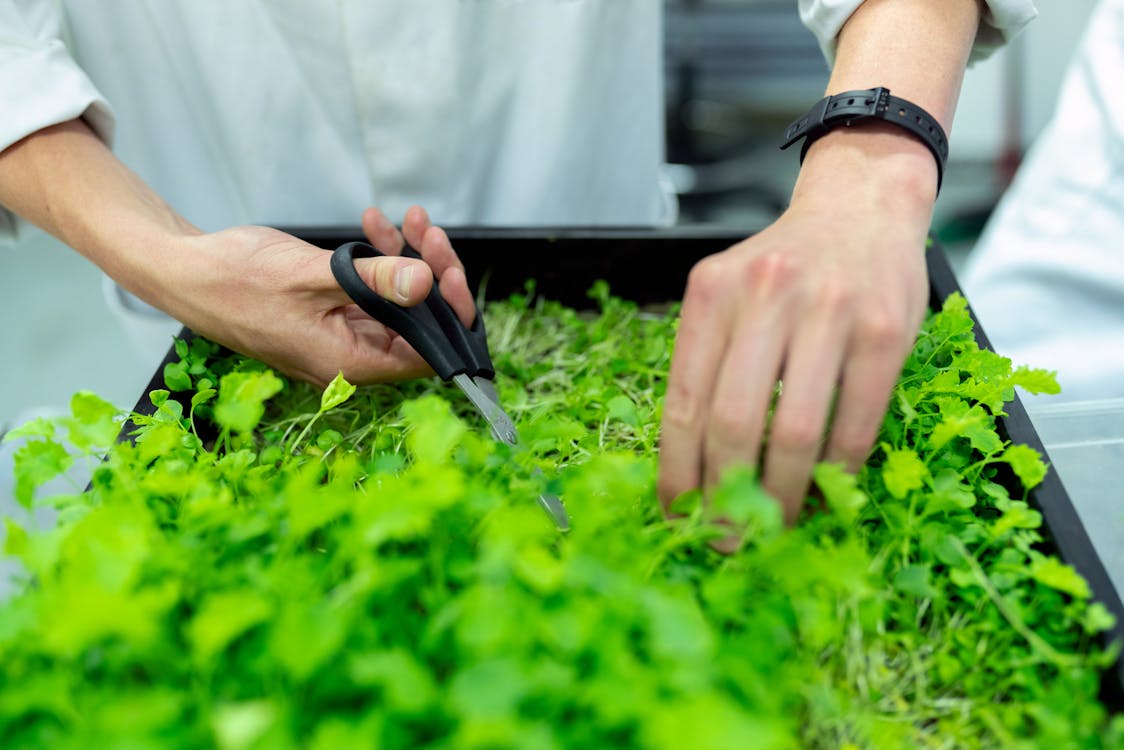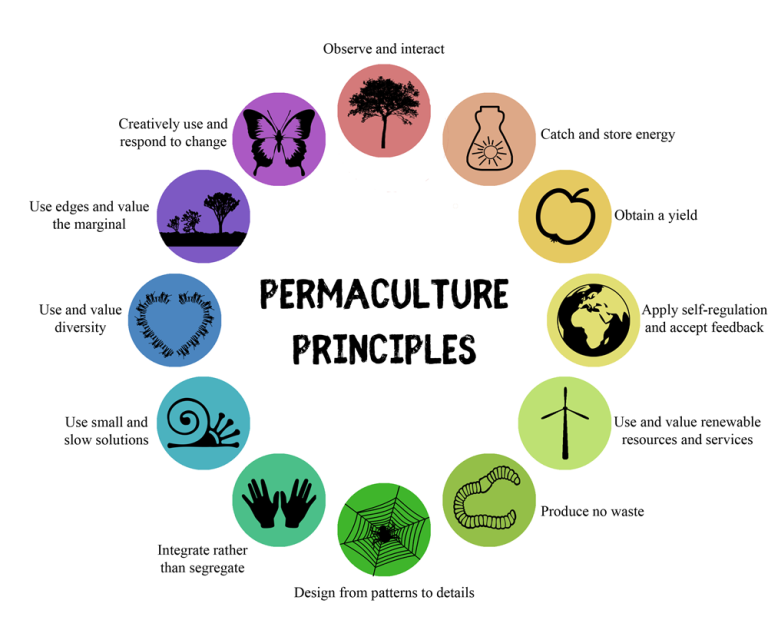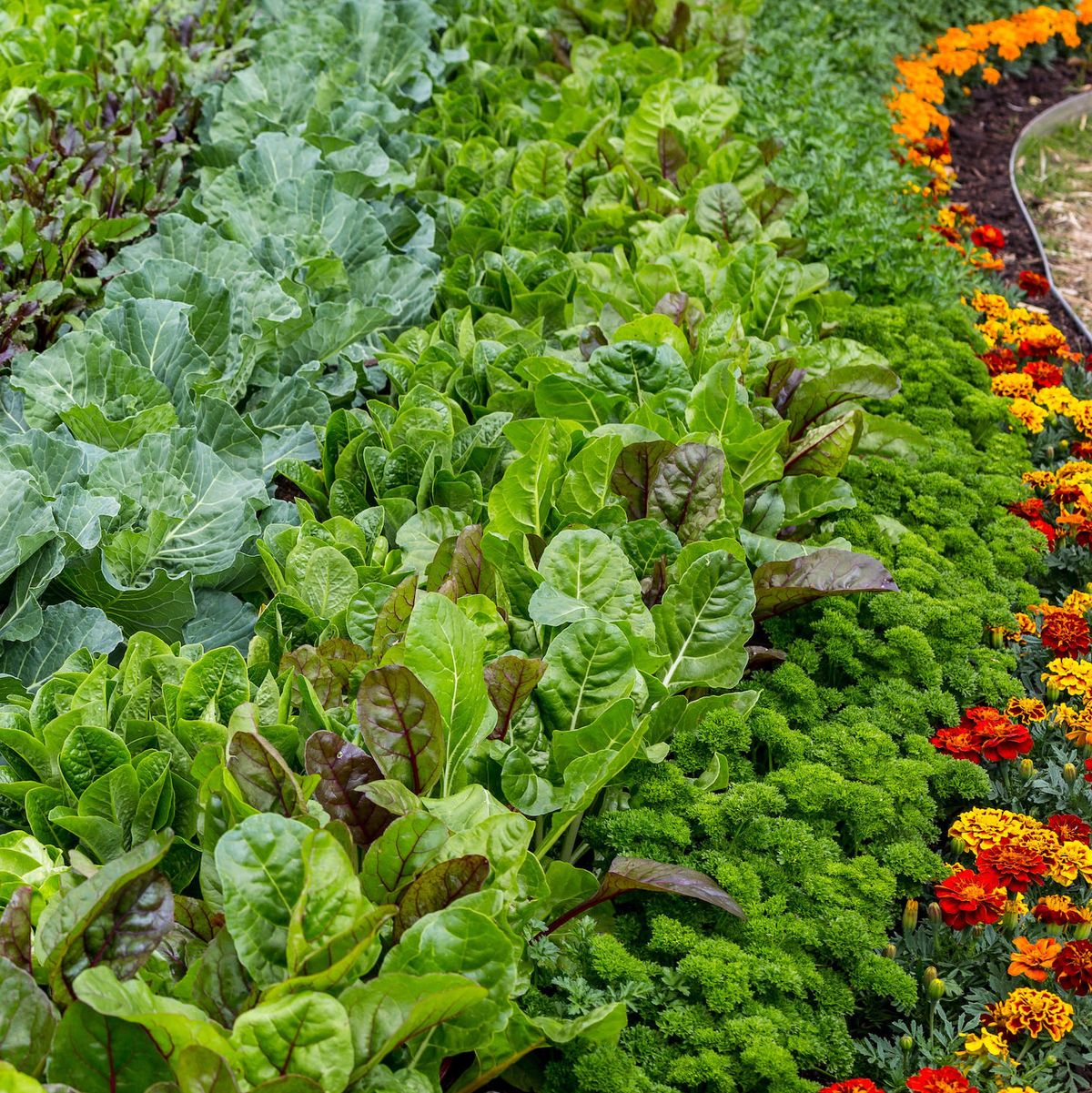In our first installment of "Cultivating Tradition," we delve into the world of Permaculture, where sustainability, tradition, and harmony with nature converge to create a unique way of life. If you're new here, we're delighted to have you on board for an exploration that honors the bond between agriculture and tradition, where every piece of land, each plant, and every blossom carries a tale of its own.
Permaculture: Beyond Sustainable Farming
Permaculture is a holistic and sustainable approach to designing and managing systems that provide for human needs while maintaining or enhancing the health of the ecosystem. It is a combination of "permanent" and "agriculture," reflecting its focus on long-term sustainability and environmental harmony. Permaculture principles aim to create regenerative and self-sustaining agricultural, horticultural, and ecological systems that mimic patterns and relationships found in nature. It encourages practices such as minimal soil disturbance, crop diversity, and the integration of plants and animals to create resilient and productive ecosystems while minimizing waste and human impact on the environment. Permaculture is not limited to agriculture but extends to diverse areas, including architecture, community design, and social systems, all with the goal of creating more sustainable and harmonious human environments.
One of the most remarkable aspects of permaculture is its adaptability to different settings. From the terraced fields of Bali to the smallholdings of Africa, permaculture principles can be tailored to fit local customs and traditions. In this way, it is not just a set of techniques but a philosophy that embraces cultural diversity.
The Three Ethics of Permaculture
Permaculture is guided by three core ethics: Earth Care, People Care, and Fair Share. These ethics echo the values of many societies worldwide. Earth Care emphasizes the need to care for the land, recognizing that a healthy planet is essential for human well-being. People Care reflects the importance of community and mutual support. Fair Share aligns with the concept of equitable resource distribution, an idea found in many cultural traditions.
Traditional Wisdom Meets Modern Sustainability
Permaculture is a living embodiment of traditional wisdom meeting modern sustainability. It incorporates ancient practices such as crop rotation, companion planting, and natural pest control, alongside innovative techniques like rainwater harvesting, solar energy, and waste reduction. By doing so, permaculture fosters a deep connection to the land and its resources while embracing the latest innovations in sustainable living.
Food culture is a vital aspect of any society, and permaculture can transform the way we think about and interact with food. It encourages the cultivation of diverse crops, reducing reliance on monocultures and processed foods. In turn, this promotes culinary diversity, enabling communities to preserve traditional dishes and culinary heritage.
Permaculture brings us closer to the land with a profound sense of responsibility for the earth and its heritage. By practicing permaculture, individuals and communities can become stewards of the land, preserving the traditions and values passed down through generations.
Stay Tuned
Our exploration of permaculture is just one part of our journey through the agricultural landscape. In our upcoming posts in the "Cultivating Tradition" series, we will travel to new destinations, uncovering the diverse ways societies have shaped agriculture and vice versa. From the terraced rice fields of Bali to the sustainable communities of Africa, we'll continue to celebrate the traditions that have grown alongside the land.
Join us on this journey, as we dig deeper into the roots of the earth and the traditions tied to it. Subscribe to our blog, follow us on social media, and share your thoughts and suggestions. Together, let's continue to celebrate the rich traditions of the land and the people who tend it.
Thank you for being a part of this adventure!





